Like me, Olaudah Equiano is an Igbo man, but he was sold into slavery in the 18th century. In his book published in 1789 and titled “The Interesting Narrative of the Life of Olaudah Equiano, or Gustavus Vassa, The African” he wrote about his recollections of the Igbo society, “Our land is uncommonly rich and fruitful, and produces all kinds of vegetables in great abundance. We have plenty of Indian corn, and vast quantities of cotton and tobacco. Our pine apples grow without culture; they are about the size of the largest sugar-loaf, and finely flavoured. We have also spices of different kinds, particularly pepper; and a variety of delicious fruits which I have never seen in Europe; together with gums of various kinds, and honey in abundance. All our industry is exerted to improve those blessings of nature. Agriculture is our chief employment; and everyone, even the children and women, are engaged in it. Thus we are all habituated to labour from our earliest years. Every one contributes something to the common stock; and as we are unacquainted with idleness, we have no beggars. The benefits of such a mode of living are obvious. Those benefits are felt by us in the general healthiness of the people, and in their vigour and activity; I might have added too in their comeliness.”
Last year, Aba, Owerri, Port Harcourt, Onitsha and a few other towns and cities hosted street demonstrations by (mostly young) Igbo men and women demanding for a sovereign state of Biafra. The social media was also used to proselytize these agitations. The protagonists (or supporters) of these recent Biafra sentiments have anchored their arguments on the marginalization of the South East (read Igbos) in the Nigerian state, especially in the present-day governance structure of the country. As a result, their conclusion is that a sovereign state of Biafra is the surest path to de-marginalization. A lot had been written about these developments but I have restrained my commentary until the emotions have left the streets.
But, what is Biafra today? Why do we need it? What does it mean to me as an Igbo man? What does it reject and what does it create? How is it proceeding and what should be its consequences for us and Nigeria? These are questions that seek answers from our politicians and businessmen, scholars and journalists, teachers and students, writers and clergymen, etc. This should be the focus of the intellectual life of the Igbo society.
To answer these questions, I begin with these words spoken in 1967: “I, Lieutenant Colonel Chukwuemeka Odumegwu Ojukwu, Military Governor of Eastern Nigeria, by virtue of the authority, and pursuant to the principles, recited above, do hereby solemnly proclaim that the territory and region known as and called Eastern Nigeria together with her continental shelf and territorial waters shall henceforth be an independent sovereign state of the name and title of The Republic of Biafra.” Another point is that according to Chinua Achebe in his book, There Was A Country, the origins of the word “Biafra” are difficult to trace, although he notes that historical records point to Portuguese writings from the sixteenth century that it may have been derived from. So the lingual origin of the word Biafra cannot be found within our boundaries. Finally, it is worth noting that in terms of geographical delineations, the Eastern Nigeria governed by Ojukwu comprises today’s Abia, Akwa Ibom, Anambra, Bayelsa, Cross River, Ebonyi, Enugu, Imo and Rivers States. By implication, the ethnic groups in it were Igbo, Efik, Ibibio, Ijaw, Ikwerre, Andoni, Agbo, Degema, Egbema, Eket, Ekoi, Ibeno, Ikom, Iyalla, Kana, Mbembe, Uyanga and Yako. So, as can be seen also and within the context of Nigeria and her realities, today’s Biafra is really no longer the territorial expression defined by Ojukwu neither is it the same ethnic colouration. However, since the Igbos seem to own much of it, its further discussion can then be limited within the precincts of the present South East geopolitical zone.
Advertisement
Certainly, just as in most other parts of the country, South Eastern Nigeria is a wasteland of failures in leadership and governance as well as decayed infrastructure. For me, I have chosen to conclude that the Biafra nostalgia has been largely stimulated by a dissatisfaction with the way things have been going for the people of the South East. But it has to a far greater extent been prompted by an awareness that the potential of Igbos has been largely underutilized especially within their own enclave.
In my view, it as an expression of disgust that, for a people devastated by a Civil War and can be said to be under siege, hundreds of billions of naira have been received by the 5 states of Abia, Anambra, Ebonyi, Enugu and Imo from the Federation Account since 1999, yet the roads, schools and hospitals are an insignificant representation of expenditures from that inflow. I see it as a consequence that Michael Okpara’s farm settlements are desolate and companies like Niger Gas, Niger Steel, Metallurgical Complex, Nigerian Cement Industries, International Glass Industry, Standard Shoe Factory, Modern Ceramics, Aba Textile Company, Golden Guinea Breweries are neither adding economic value today nor creating the much needed jobs for tomorrow. For me, it is a reaction to the assault on leadership that has perverted the words: ‘Igbo enwegi Eze’ (the Igbos have no king), by implication everyone is a leader. I surmise that they are appalled at the lack of economic cooperation among the states in the South East.
In his Ahiara Declaration on the principles of Biafra, Ojukwu espoused the qualities of the Biafran as patriotic, a brother’s keeper, honourable, truthful, responsible, brave and courageous, law-abiding, freedom-loving, progressive, industrious, resourceful and inventive. The Biafran is expected to reflect all these within Abia, Anambra, Ebonyi, Enugu and Imo States, and in any other place he or she resides. On the tasks of a leader, the Ahiara Declaration states that, “those who aspire to lead must bear in mind the fact that they are servants and as such cannot ever be greater than the people, their masters. The leader must not only say but always demonstrate that the power he exercises is derived from the people. Therefore, like every other Biafran public servant, he is accountable to the people for the use he makes of their mandate. He must get out when the people tell him to get out. The more power the leader is given by the people, the less is his personal freedom and the greater his responsibility for the good of the people. He should never allow his high office to separate him from the people. He must be fanatical for their welfare. He should be the symbol of justice which is the supreme guarantee of good government.” It is the absence of these that we should glean from the activisms on the streets.
Advertisement
Today, up to 50% of people of Igbo extraction live outside Igbo land, over 75% of Igbo graduates and professionals work outside Igbo land and Igbos ranks first in skills and economic resource migration to other places. Biafra is a challenge to the five governors of Abia, Anambra, Ebonyi, Enugu and Imo to come together and work together along with our private sector and civil society to deliver world-class infrastructure, good governance, excellent health facilities, exceptional schools, industrial hubs, technology and innovation villages, a food basket, a highly educated workforce and a globally competitive economy where “everyone contributes something to the common stock and as we are unacquainted with idleness, we have no beggars.” It is a return to Olaudah Equiano’s recollections and modernizing it. It is a resolve that, in the words of Thabo Mbeki, “whoever we may be, whatever our immediate interest, however much we carry baggage from our past, however much we have been caught by the fashion of cynicism and loss of faith in the capacity of the people, let us err today and say – nothing can stop us now!” As a special people, we should be different and make our Biafra to be a reflection of our expectations from Nigeria. In the final analysis, this potential Singapore of Nigeria and Japan of Africa may not be a sovereign state of Biafra but it can (and should) be an enduring state of mind.
Read more from my archive at www.nnannaude.com and follow me on Twitter @nnannaude.
Views expressed by contributors are strictly personal and not of TheCable.
1 comments
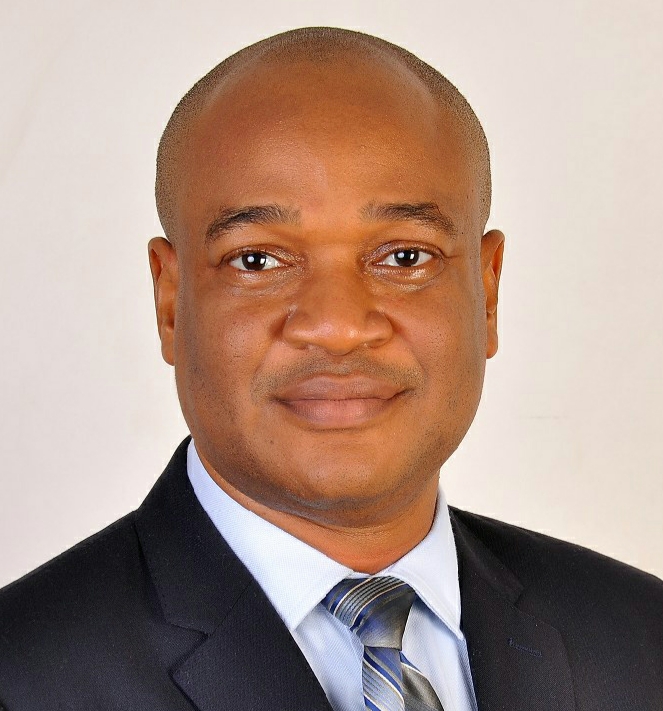


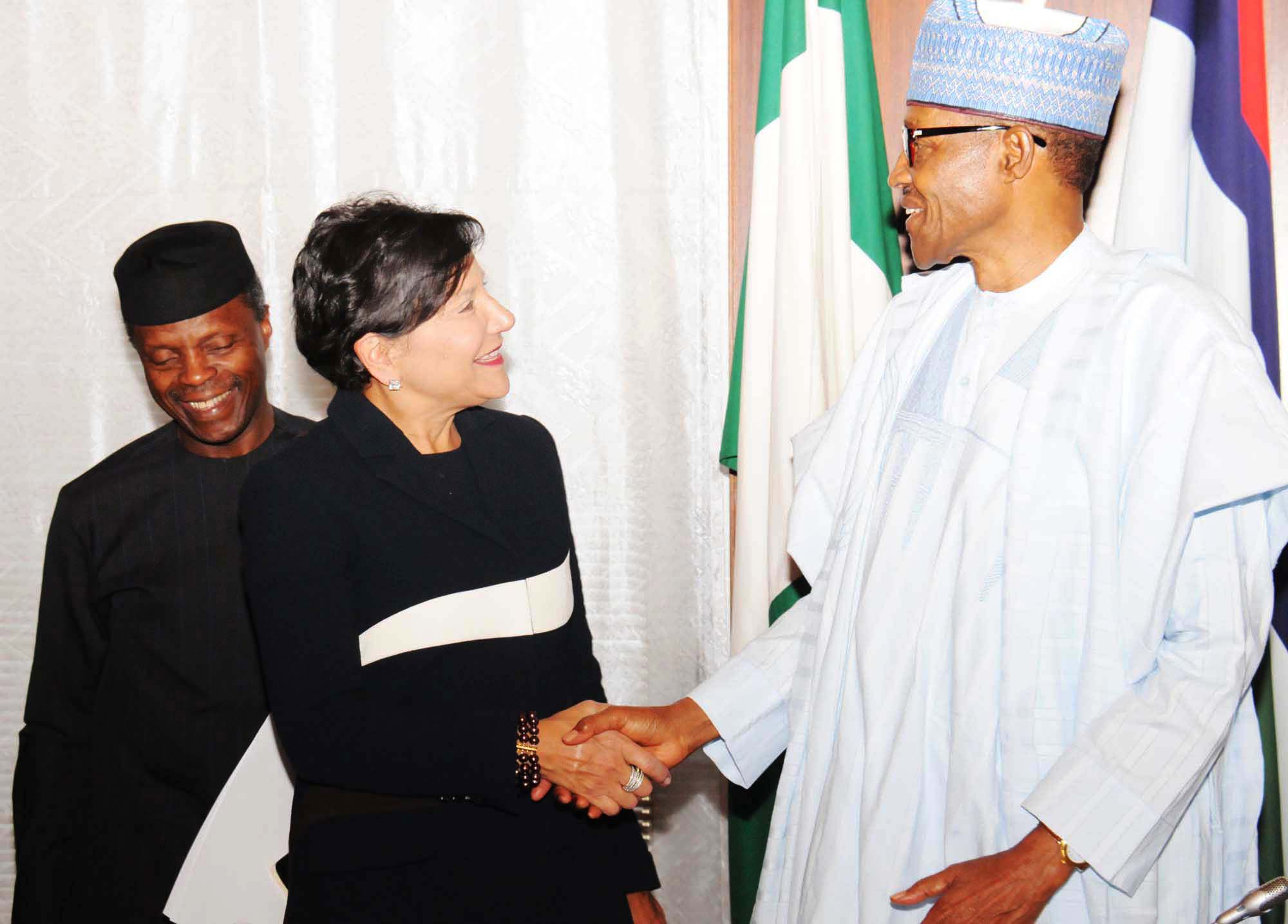
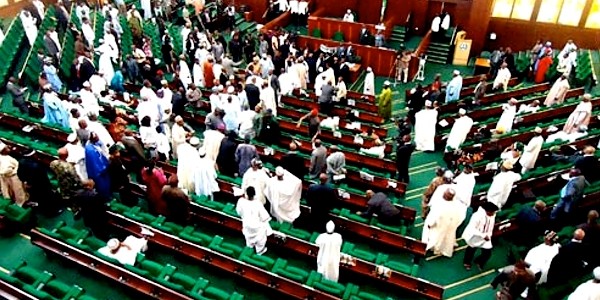
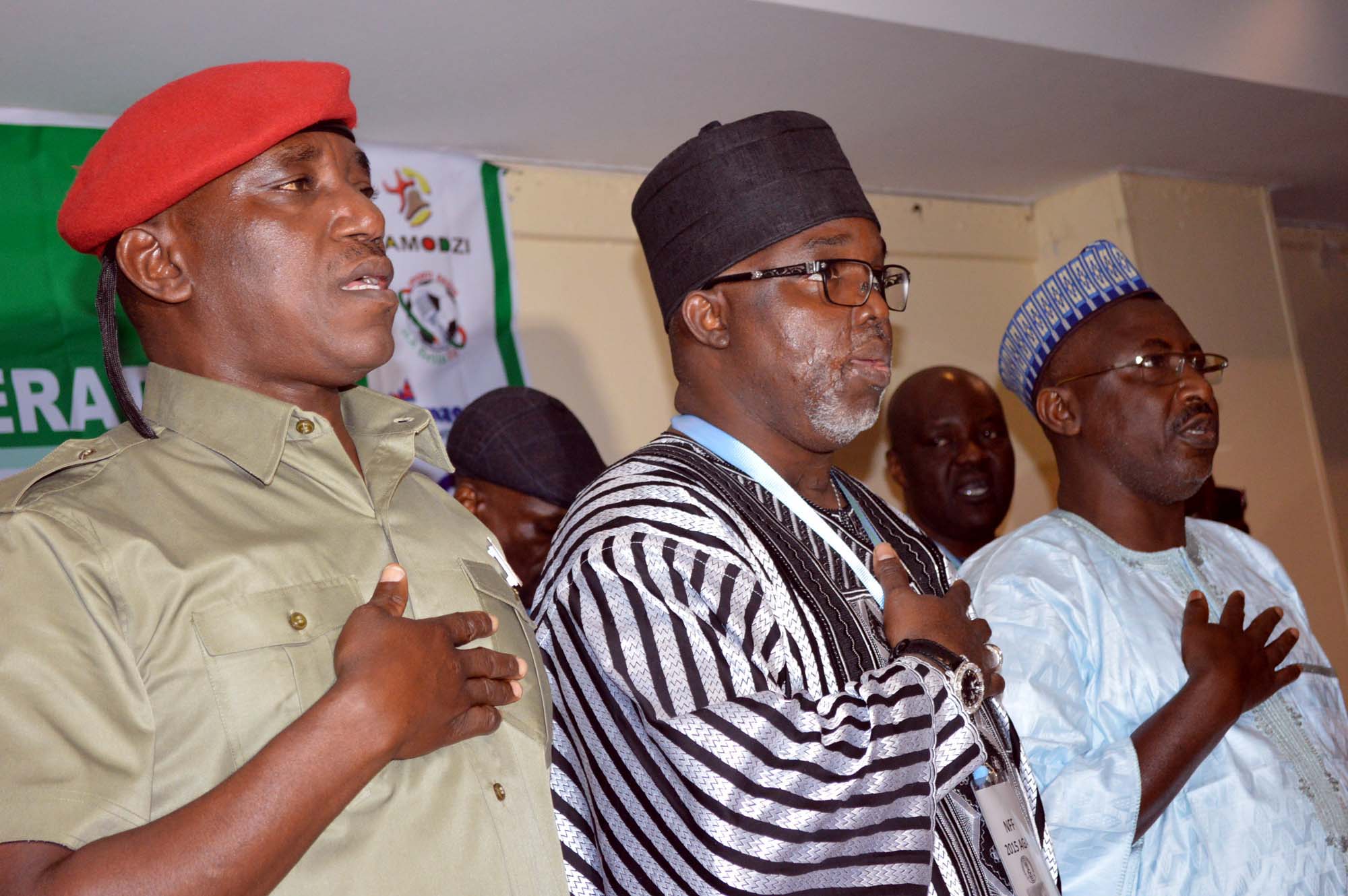
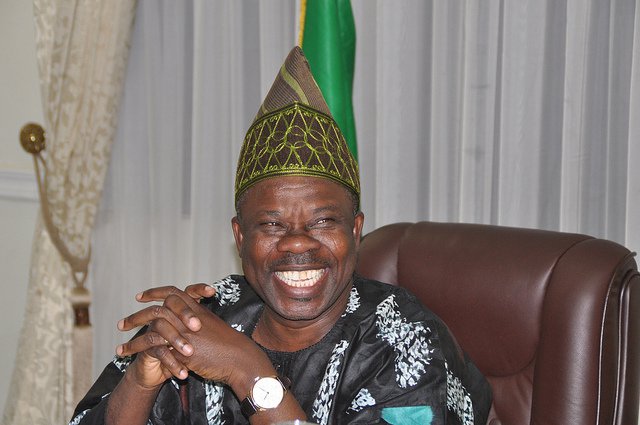
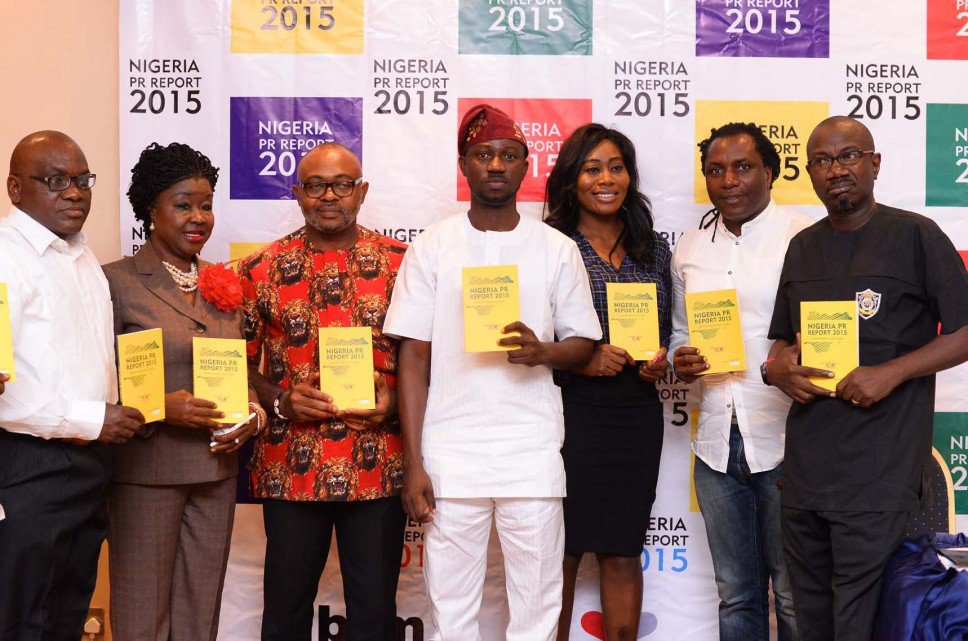
Nobody believe Nigerian govt or media anymore. So you Nigerian media, FG, Govt and press should stop wasting your time posting/writing lies. lol